As the lights dim over the stage in the Performing Arts Center, a teacher conducts a student-based group who have been preparing for this concert for several months.
From the beginning of the first night to the end of the third night of the concert, a total of five instrumental music groups will perform.
“It’s sort of like showcasing what we’ve done in class and learned throughout the rehearsals and practice,” said Lauren Wang, a senior in the String Orchestra.
Wang has been playing the viola for eight years and also has experience playing the guitar and ukulele. In addition to extracurriculars and writing college applications, she plays the viola in a Peninsula Youth Orchestra group.
“I try to aim for an hour a day [of practice time],” Wang said.
Every quarter, each student turns in a practice record. To meet the Instrumental Music Program homework requirement, students must practice a minimum of two hours every week. They record the amount of time they practice to show the amount of effort they put into their instrument. Also, practice records help students pace their practice time. All the hard work put into playing an instrument is demonstrated during the concerts.
“My favorite part is the relationships that come out of it and meeting other people. I just see them as another musician making music. Grade doesn’t matter if we are doing the same thing,” Wang said.
Instrumental music classes include students from all grades as long as they have at least 2 years of experience playing the same instrument. The variety of students makes this program special. Most classes at Carlmont do not allow students from all grades to join.
“There are some differences between String Orchestra and Symphony Orchestra, like having a percussion and woodwind section and a much higher skill level,” said sophomore Remington Vernon, a cellist in the Symphony Orchestra.
Every class in the Instrumental Music program develops the necessary skills for students with all skill levels. The more advanced classes, like Symphony Orchestra and Symphonic Band, are based on audition, which helps separate students by skill level rather than by grade level.
“I like the fact that there are so many talented kids who are eager to enhance their talent and skill,” the Assistant Instrumental Music Director Brian Switzer said. “I’m curious to see what the true full potential of the talent at this school. That is what I’m trying to discover.”



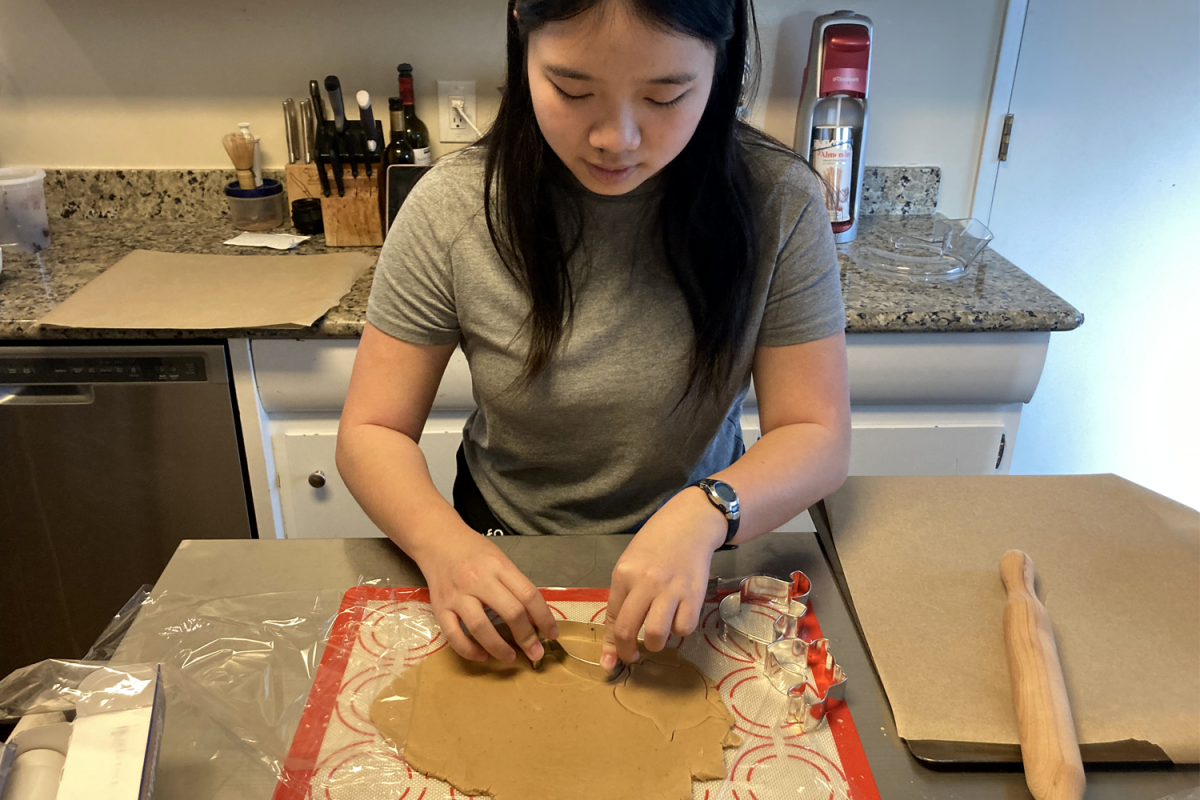
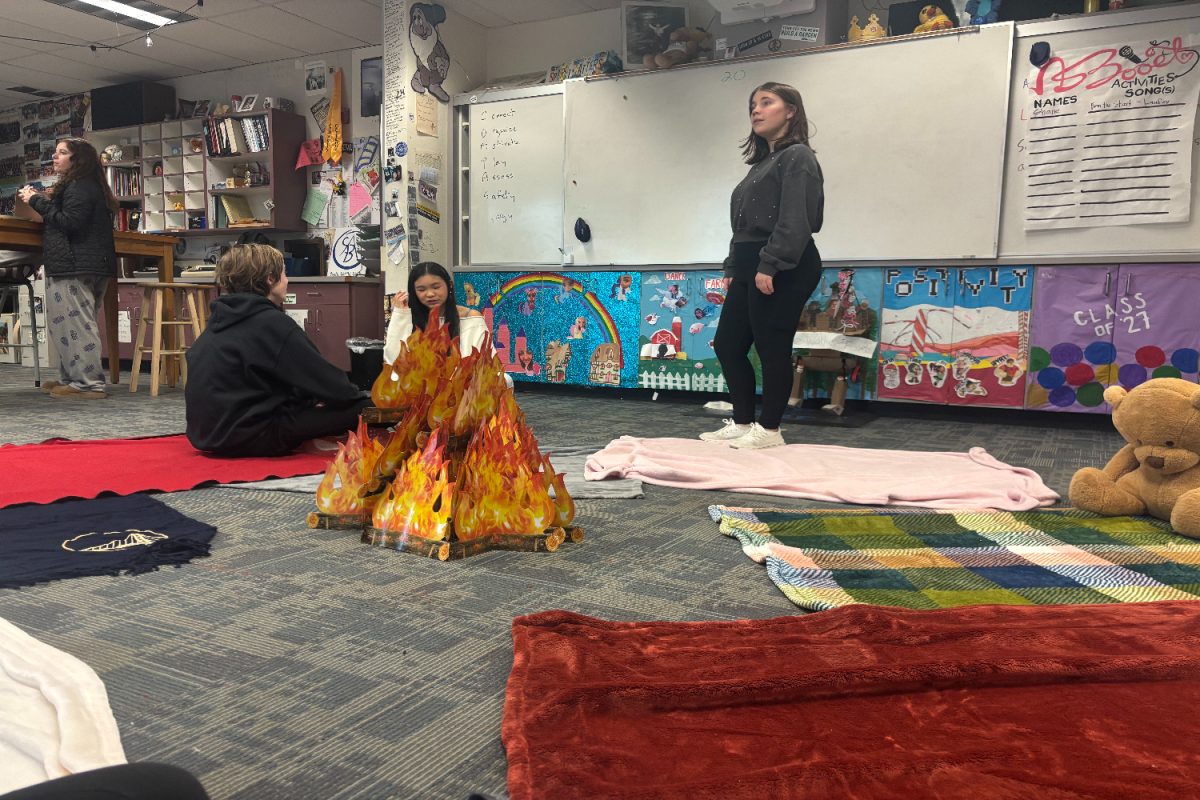



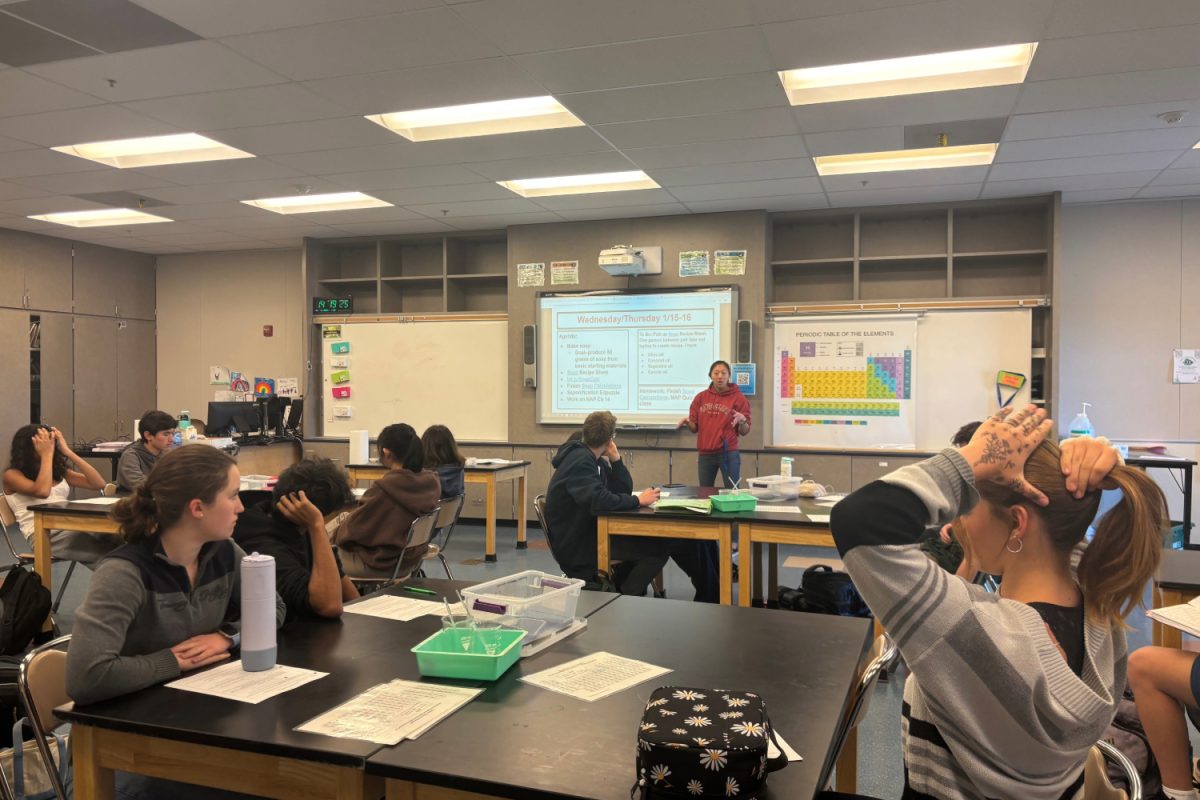
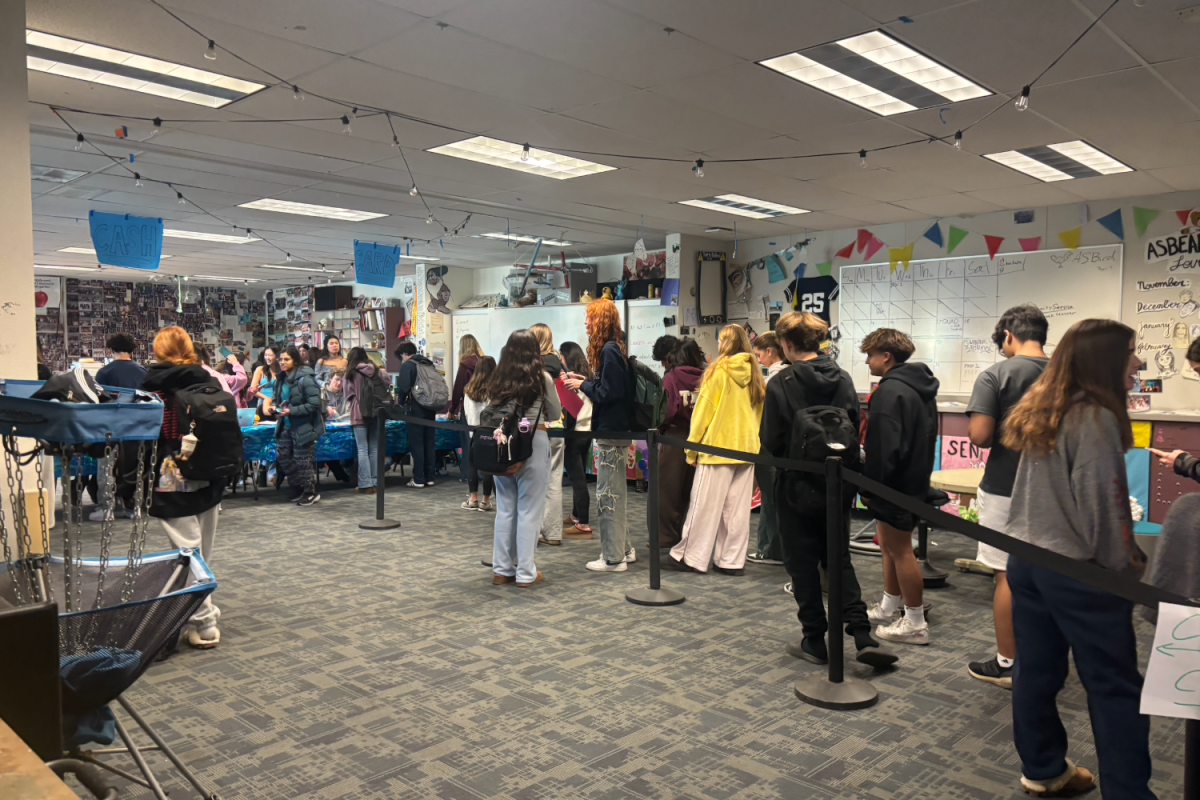

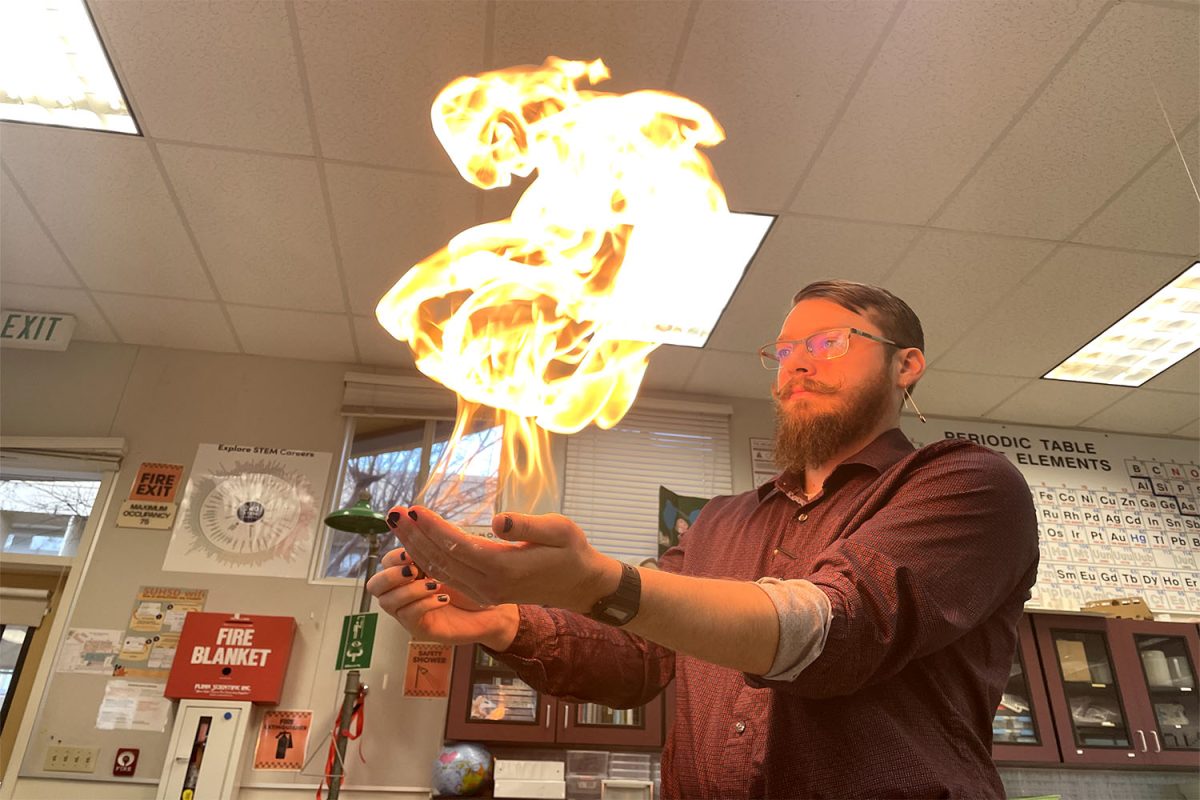
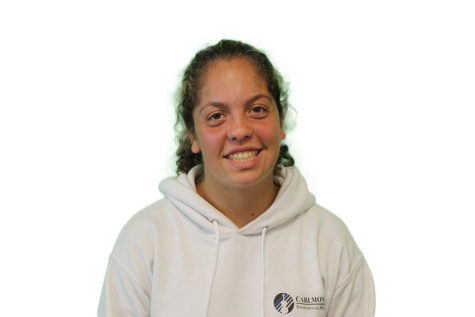
toxicwap • Nov 8, 2019 at 3:28 am
I was impressed when I came across your website and I saw this in your article. And when I read through the article on your site, I find lots of informative information and updates in it. You really did a very wonderful work of putting this article together and your words are very well arranged. And your sentence is clear, short, and straight forward.
Thanks once more.